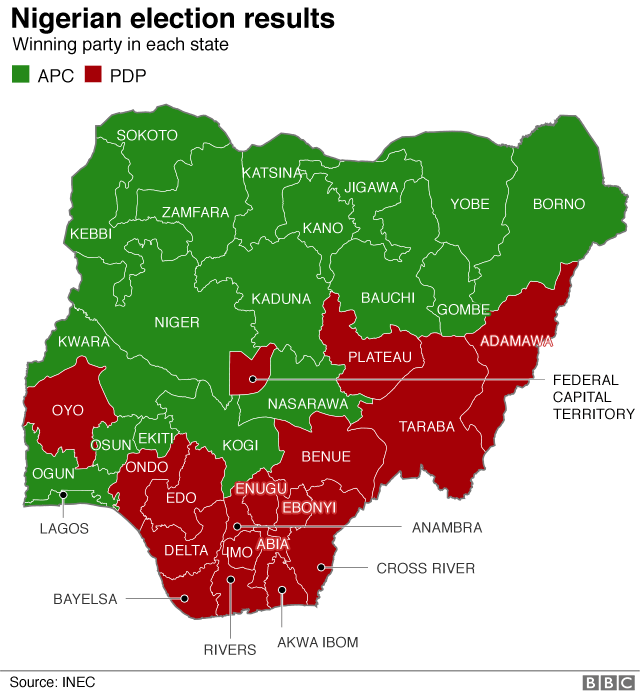The Importance of Nigeria Results
Recent election results in Nigeria have captured widespread attention both locally and internationally due to the country’s significant role in African politics and its burgeoning economy. Understanding these results is crucial for insights into Nigeria’s democratic processes, governance, and socio-economic future.
Recent Elections Overview
The most recent elections in Nigeria, held in February 2023, were pivotal, with millions of citizens exercising their right to vote. The elections were conducted under heightened scrutiny, emphasizing the importance of transparency and accountability following previous allegations of electoral misconduct. The major contenders included Bola Tinubu from the All Progressives Congress (APC), Atiku Abubakar from the People’s Democratic Party (PDP), and Peter Obi from the Labour Party.
Key Outcomes
Bola Tinubu emerged victorious, securing approximately 36% of the votes cast, while Atiku Abubakar followed closely with around 29%. Peter Obi garnered approximately 25%, marking a substantial showing for a relatively new player in the political arena. The results have led to widespread discussions about Nigeria’s political landscape, including concerns about tribalism, electoral reform, and the youth vote’s influence.
Significance of the Results
The outcomes of the elections will shape Nigeria’s policies on critical issues such as security, economy, and education. Tinubu’s administration faces the challenge of addressing widespread insecurity, especially with the ongoing issues related to Boko Haram and banditry. Furthermore, Nigeria’s high inflation rates and economic instability necessitate immediate and effective measures to restore public confidence and stimulate growth.
Public Reaction and Future Outlook
The reactions to the election results have been mixed, showcasing a divided electorate. Supporters of Tinubu celebrate the victory as a sign of continuity while critics voice concerns over potential governance challenges ahead. International observers have noted the crucial role Nigeria plays in West Africa and beyond. As such, the outcome of these elections bears implications not just for Nigeria but for regional stability and cooperation.
Conclusion
In summary, the recent Nigeria results in the elections mark a significant moment in the country’s history. With a renewed mandate, the new leadership will be under pressure to address the myriad of issues facing the nation. As Nigeria continues to evolve politically, the engagement of civil society, youth participation, and international support will be vital in navigating the complexities of governance in Africa’s most populous nation.


